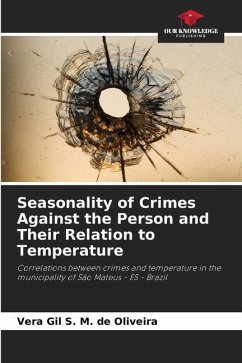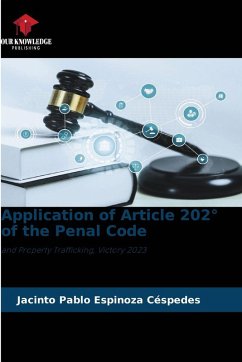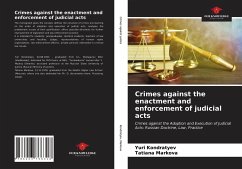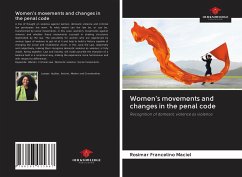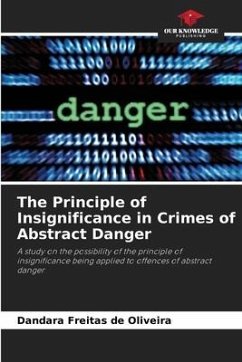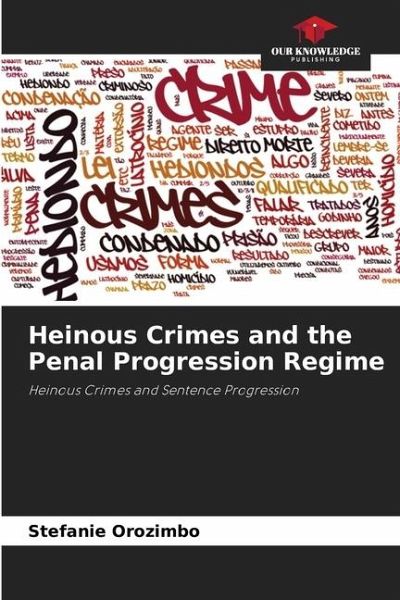
Heinous Crimes and the Penal Progression Regime
Heinous Crimes and Sentence Progression
Versandkostenfrei!
Versandfertig in 6-10 Tagen
36,99 €
inkl. MwSt.

PAYBACK Punkte
18 °P sammeln!
This research aims to discuss the emblematic points of Law 8.072/90 - the Heinous Crimes Law - by briefly addressing the foundations of this law, with a focus on the regime for serving and progressing sentences for crimes defined therein as heinous, applying in the same way, as determined by the Federal Constitution of 5 October 1988, to crimes that are equivalent to heinous crimes. With the notorious growth in crime and in order to meet social needs, the law has undergone constant changes, with the inclusion of new types, defining them as heinous offences, such as femicide and bodily injury o...
This research aims to discuss the emblematic points of Law 8.072/90 - the Heinous Crimes Law - by briefly addressing the foundations of this law, with a focus on the regime for serving and progressing sentences for crimes defined therein as heinous, applying in the same way, as determined by the Federal Constitution of 5 October 1988, to crimes that are equivalent to heinous crimes. With the notorious growth in crime and in order to meet social needs, the law has undergone constant changes, with the inclusion of new types, defining them as heinous offences, such as femicide and bodily injury of a very serious nature or followed by death committed against authorities or agents provided for in Arts. 142 and 144 of the Federal Constitution, as well as the crimes defined in the law. 142 and 144 of the Federal Constitution, as well as members of the prison system and the National Public Security Force, in the exercise of their function or as a result of it, modifying the application of the institutes of execution of the sentence (regime of fulfilment and progression), according to the doctrinal controversies, jurisprudential positions of the Supreme Court, taking into account constitutional principles, such as the dignity of the human person and individualisation of the sentence.







